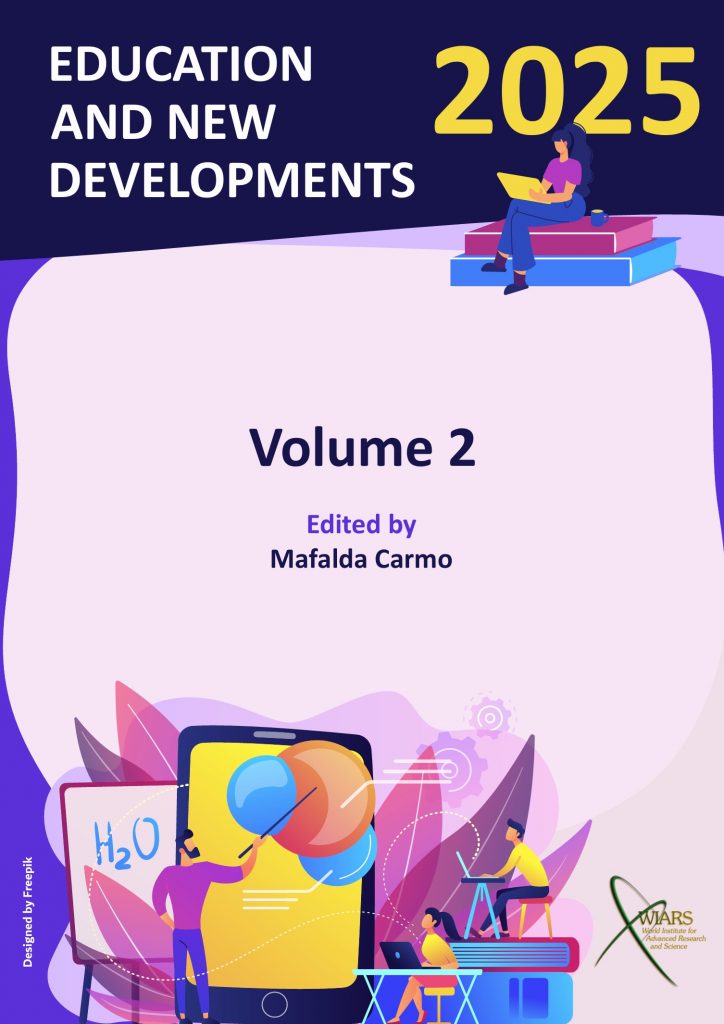Global current challenges such as climate change, public health crises, and technological advancements also require collaboration that transcends disciplinary and cultural boundaries. To cope this scenario, it is necessary to start from education to prepare people for the complexities of the modern environment. Higher education must equip students with essential skills such as critical thinking, adaptability and cross-cultural communication. Alongside traditional teaching methods, more interactive approaches are gradually gaining relevance, as they immerse students in real-world challenges and encourage them to apply their knowledge in practical settings. Interdisciplinary Project-Based Learning (IPBL) addresses these needs by creating opportunities for students to work in diverse teams on authentic problems. Moreover, these paradigms have shifted in recent years due to new technological-driven settings. This paper explores the effectiveness of Interdisciplinary Project-Based Learning (IPBL) in distance learning, using a "digital hackathon" as the learning format. The paper discusses the key challenges that emerged during the hackathon, such as communication barriers and time and resources management. The aim is to provide practical insights and recommendations for managing the online innovation challenges and how it is possible to engage teams, involving higher levels of collaboration, guidance, and empathy to foster IPBL in distance learning. Findings highlighted the potential of IPBL to spark creativity and enhance problem-solving skills when students from diverse backgrounds work together.
